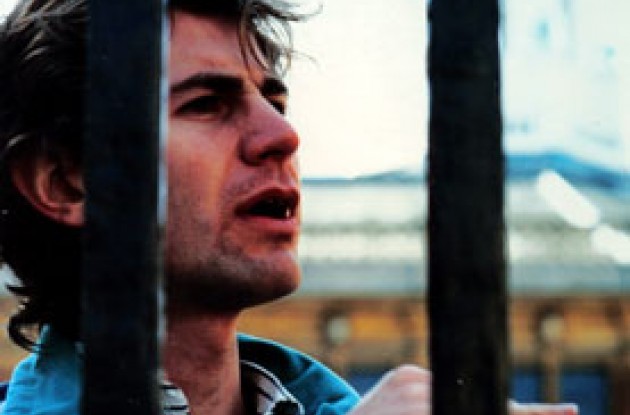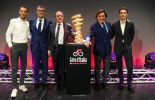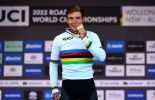Matt Rendell Interview
A few months ago I picked up a copy of A Significant Other by Matt Rendell. As I discussed in my previous review, the book turned out to be a great read although I had initially been a little wary, unfairly making comparisons with many of the other Tour ?journals? of recent years. I found it to be one of those books where every time I contemplated closing the pages, I was drawn back into it through the excellent narrative of Rendell and the eye witness accounts of US Postal?s Colombian domestique Victor Hugo Pe?a. Last month I had a chance to catch up with Matt and discuss the book.
Matt Rendell discovered cycling late. Growing up in a small English village, he was a middle-distance runner whilst at school, following in the footsteps of his Grandfather who excelled in the British scene of the 1930?s. It wasn?t until he moved to
After returning to the
After a time in the capital, office politics finally got the better of Rendell and in an effort to ?clear my head?; he set off along the length of
During a spell writing for a leading cycling magazine in the
I wondered why Victor Hugo was Matt?s choice of rider to work with. After a period within the industry, I was sure that he would have had numerous contacts with more widely recognized riders. ?Victor Hugo is someone I?d wanted to write about for a long time. I was already interested in Colombian cycling for a number of reasons, not least, initially because I had found so much friendship and warmth towards me.? Rendell continued to explain that he believed that the success of Colombian cycling to be very much an anomaly and therefore, a test case for global sport. ?After all, does sport belong to the athletes and communities that invest their resources, however meager, in producing them, or does it belong to the Credit Card companies and Soft Drink manufacturers that merely seek to associate themselves with the performance of remarkable athletes? Sport is only partly meritocracy. Cycling, like other sports, tends to want to benefit from the best manpower available while privileging athletes of the same nationality as the team sponsors ?. these are the sorts of issues I?m interested in personally and professionally, and writing about Colombian cycling in ?Kings of the Mountains? and about Victor Hugo in ?A Significant Other? has allowed me to explore some of them.?
In hindsight, the selection of Victor Hugo was quite inspirational. Instead of his expected build up to the Tour and the Prologue Time Trial in
On paper, the idea of a Tour diary is a fascinating proposition and I know that I for
Rendell explained that during the Tour, he was able to speak to Victor Hugo, ?a few times but neither of us had time to kill.? He added that, ?a few days after the Tour had finished, we watched together video footage of Bagneres-de-Bigorre to Luz Ardiden stage, which forms the backbone of the book.? For many athletes a book collaboration will usually entail a professional writer interpreting their words but as Rendell explained, refreshingly, this wasn?t the case. ?Victor Hugo is acutely observant and remarkably articulate, and his words are precisely that - his own.? Such is the trust between Rendell and Pena that the Colombian did not even request to review the book before going to print. As Matt explains, ?I?m not interested in writing any sort of authorized account of anything; I can?t see the point, and I can?t understand anyone that does. I want to look with my own eyes and write down what I see, within constraints that I, and no one else, chooses.?
As we finished our conversation, I asked Matt what the book meant to him. Is it simply another step along the road to literary stardom? Talking to him, no, I don?t believe so. Is it a personal thank-you to everybody who touched his life in
Click here to read our review of the book or use the link below to buy the book.








